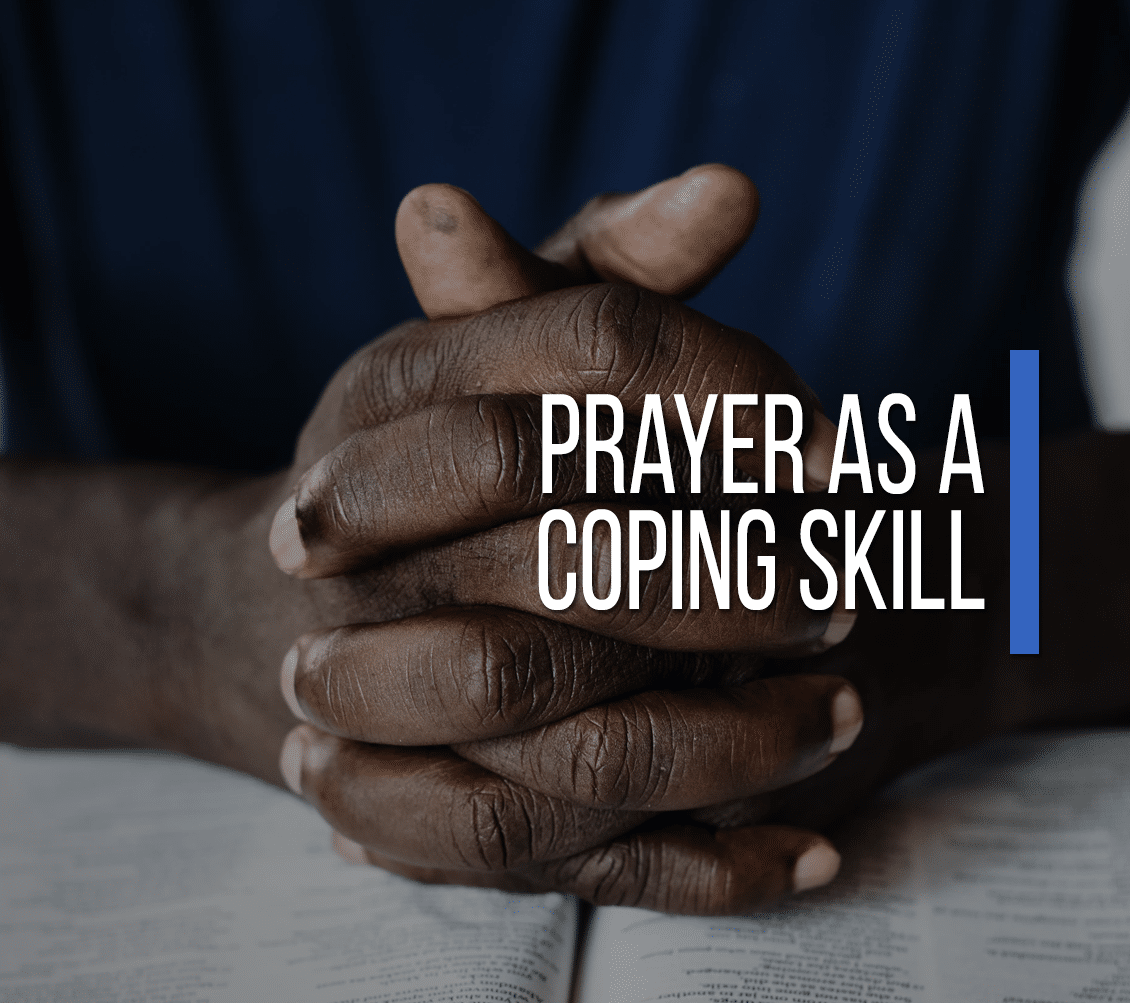Prayer is one of the essential tools a Christian needs to learn in their journey with God. Throughout the last two thousand years, we have seen prayer take many forms, including praying in tongues, breath prayers, intercessory prayer, healing or thanksgiving, and prayers for salvation, to name a few. But for counseling, we see prayers used in a clinical environment as a coping skill.
We will explore a couple of ways that counselors can utilize prayer in their counseling session and how pastors can use it to promote better mental health.
Statistics Of Prayer In Counseling
A journal article that ran in Psychology of Religion and Spirituality in 2011 titled National Trends in Prayer Use as a Coping Mechanism for Health Concerns: Changes From 2002 to 2007 looked at how often prayer was used as a coping skill when an individual had a health problem and if it is something that can be used in a counseling session. This quote is from the paper:
Use of prayer in the past 12 months for one’s own health is very common (43%) among adults in the United States. Prayer (including prayer for self, prayer for others, and belonging to a prayer group) is the third most frequently used alternative medicine practice (Barnes, Powell-Griner, McFann, & Nahin, 2004) Prayer is also widely used to address health concerns by individuals with a wide array of physical and mental health diagnoses (Saydah & Eberhardt, 2006). Positive forms of religious coping include seeking spiritual support, increasing spiritual connection, asking religious forgiveness, and collaborative religious coping (Pargament, Smith, Koenig, & Perez, 1998). Individuals using positive religious coping techniques, such as prayer, tend to have both improved perceived mental and physical health, as well as improved objectively measured health outcomes (Pargament, Koenig, Tarakeshwar, & Hahn, 2004; Wachholtz & Pargament, 2005, 2008).
National Trends in Prayer Use as a Coping Mechanism for Health Concerns: Changes From 2002 to 2007. Psychology of Religion and Spirituality. 2011, Vol. 3, No. 2. p. 67-68
It goes on to talk about how individuals can improve feelings of locus of control, an ability to self-regulate one’s thoughts and emotions in crisis situations. Later, the report reads, “Increased prayer use was linked to both improvement and decline in health status, suggesting that individuals who experience a progressive disease that creates a decline in health status or who experience an acute health change are more likely to use prayer to cope with their changing circumstances
But we knew all of this already, right?
Prayer is our connection to God. When we are humbled, dependent on God, and not sitting in our pride of sin, we find ourselves talking with God. It is in these moments we regularly see ourselves seeking Him. We must make a regular commitment of our faith to talk to God in the good times and bad, but we cannot ignore that we do seek prayer more consistently in pain and strife.
This is reflected in the Bible too. Jonah doesn’t pray when he is running from God because he is not with God. But when Jonah is trapped in the large fish? He’s on his knees praying. (Jonah 2:2–9) David, when he was being hunted by Saul, would repeatedly go to God in prayer. (Psalm 3) And Samuel, one of the greatest Old Testament prophets, came after Hannah prayed. (1 Samuel 1:11)
How Pastors Can Use Prayer For Mental Health
By no means am I expecting pastors to step out of their area of expertise and learn about loci of control, Cognitive Behavioral Therapy, or any other counseling ideas. But you guys are the experts on prayer and it is clear that you must play a strong role in this process.
So how can you help?
Teach people to pray. And then have them use it often.
I am always a fan of starting where Jesus starts. In fact, the Gospels literally record a teaching session to His disciples on how to pray, so you do not need to recreate it.
“And when you pray, do not be like the hypocrites, for they love to pray
standing in the synagogues and on the street corners to be seen by others. Truly I tell you, they have received their reward in full. But when you pray, go into your room, close the door and pray to your Father, who is unseen. Then your Father, who sees what is done in secret, will reward you. And when you pray, do not keep on babbling like pagans, for they think they will be heard because of their many words. Do not be like them, for your Father knows what you need before you ask him.
“This, then, is how you should pray:
“‘Our Father in heaven,
hallowed be your name,
your kingdom come,your will be done,
on earth as it is in heaven.
Give us today our daily bread.
And forgive us our debts,
as we also have forgiven our debtors.
And lead us not into temptation,
but deliver us from the evil one.’Matthew 6:5-15 (NIV)
For if you forgive other people when they sin against you, your heavenly Father will also forgive you. But if you do not forgive others their sins, your Father will not forgive your sins.
From here, surround the individual with love and grace. If they need professional counseling, help them find a place to go. If they need resources, look to see how far you can help them.
And continue to bring them back to prayer.
